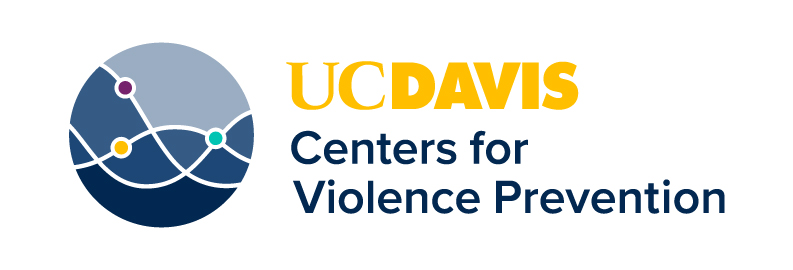What are core values?
Core values are principles or standards of behavior that represent an organization’s deeply held beliefs and commitments. They inspire and guide the organization in making strategic and operational choices. Core values are constant in the context of an ever-changing environment. Below are the core values that CVP staff strive to uphold in our work and interactions with one another.

Trust, Vulnerability, and Collaboration
As we work to address the complex causes and consequences of violence, we foster an environment built on mutual trust and open collaboration. We recognize that studying violence and its prevention requires emotional labor and resilience. Our strength lies in our willingness to be vulnerable, share challenges, and support each other's growth.
In practice, this means we:
Intentionally create space for open, honest conversations that move our work forward
Value thoughts and opinions from all team members
Actively support one another in handling the emotional weight of violence prevention work
Build relationships beyond work to know each other as whole people
Share our challenges and uncertainties, knowing this vulnerability leads to better collaboration
Express gratitude for individuals’ support and contributions
Prioritize teaching and learning from each other over competition

Equity and Inclusion
We recognize that violence disproportionately impacts marginalized people and communities, and that preventing violence requires addressing historical and structural inequities. We are committed to challenging traditional power dynamics and including marginalized voices, where appropriate, in both our research and in our internal practices. Our work extends to the root causes of violence while critically reflecting on our assumptions and methods.
In practice, this means we:
Value efforts to include the voices of those most impacted by violence and inequity
Recognize disparities between people and groups affected by violence
Respect questioning of established paradigms and power structures
Welcome diverse perspectives on violence, as well as on safety, health, and well-being
Approach our work with humility and openness to different perspectives
Apply an equity lens to our internal operations and decision-making
Create inclusive spaces that welcome diverse perspectives and approaches

Excellence and Impact
We pursue excellence through rigorous, ethical research while keeping our focus on real-world relevance. We embrace cognitive flexibility, critical curiosity, and openness to innovative approaches for understanding violence and identifying solutions that prevent it.
In practice, this means we:
Maintain high standards of scientific integrity in studying the causes, consequences, and prevention of violence
Use interdisciplinary approaches to answer cutting-edge and boundary-pushing questions
Seek staff, partners and projects that build on our strengths and add to our diversity of disciplines and perspectives
Follow the evidence, even when it challenges our initial beliefs
Consider unintended consequences in our research design and when we disseminate our findings
Invest in translation of research into concrete recommendations for policymakers and decision makers
Maintain feedback loops with policymakers and decision makers so we can understand which policies are most effective at violence prevention
Community Partnerships and Accountability
We believe in conducting research that serves and empowers people and communities affected by violence, recognizing that no one and no community is unaffected. This work is grounded in proximity to the issues we study and the people most affected by them. We strive to make our research accessible, relevant, and accountable to communities, recognizing their expertise in understanding both violence and safety in their own contexts.
In practice, this means we:
Build long-term, reciprocal relationships with those affected by violence and their representatives, including beyond formal project periods
Where appropriate, share power in decision-making about research priorities and methods
Return our findings to those affected by violence and their representatives for validation and meaningful use
Consider how violence prevention strategies impact different populations and communities

Agency and Growth
We embrace growth and learning, supporting academic freedom while maintaining our collective commitment to understanding and preventing violence in all its forms.
In practice, this means we:
Support faculty agency in project focus and design
Strive to align staff interests with assignments
Prioritize self-care to sustain our long-term impact in challenging work
Create space for shared learning
Adapt our methods as understanding of violence and prevention evolves
Welcome feedback and opportunities for growth
Ground our work in hope for positive change
